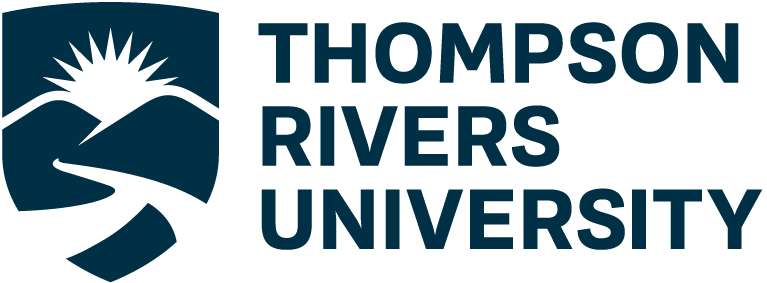CONNECT: What is the purpose?
How can research help me explore my own learning?
Research is a great way to explore your personal learning styles and be open-minded about different ways of knowing. This allows you to consider different cultural perspectives and be aware of how your research influences different groups of people. The best researcher is receptive to those around them and has an understanding of how their discoveries impact the learning of others.
What is the purpose of doing research for myself?
Doing research can help you connect with yourself and find meaning in the work you do during your degree. Although it is great to be doing research in a field that you’re interested in, don’t be afraid to try doing research in a field that you don’t know much about. You never know where you will find something that interests you. Overall, doing research can set the course for your career and give you goals to work towards long after you graduate.
What is the purpose of doing research beyond myself?
By presenting your research at conferences and sharing your work with your network, your research can expand much further than yourself. Just as you were inspired by research that came before you, your research can inspire future projects and allow other students to use your research as a foundation for their own. Most research, even if it isn’t immediately apparent, can allow you to connect with the natural environment and improve your understanding of sustainability. Keeping the environment in mind during research allows you to ground your discoveries and mitigate the environmental impact research has on our world.

